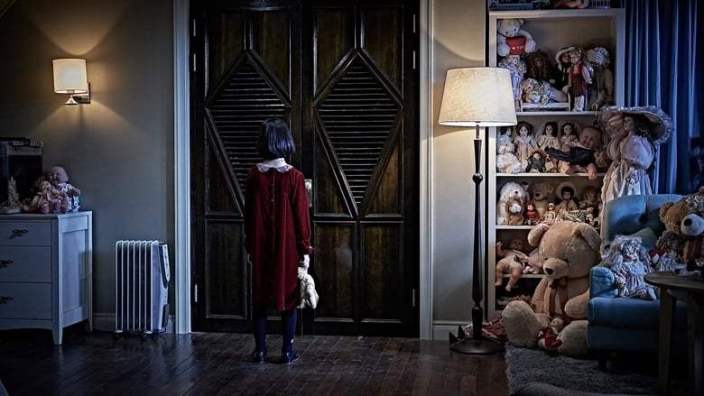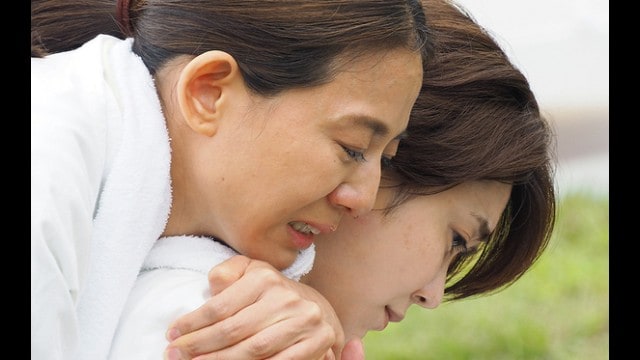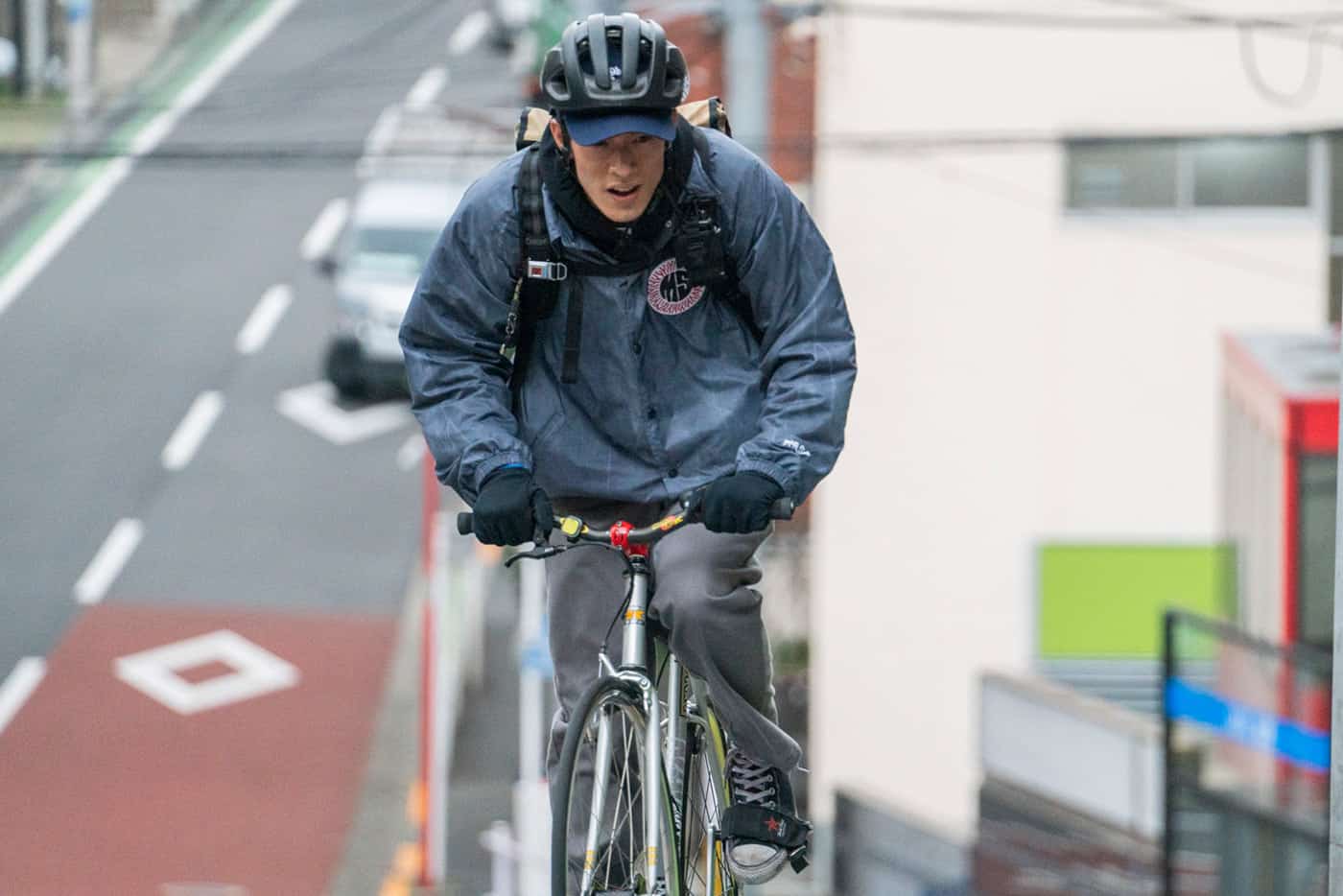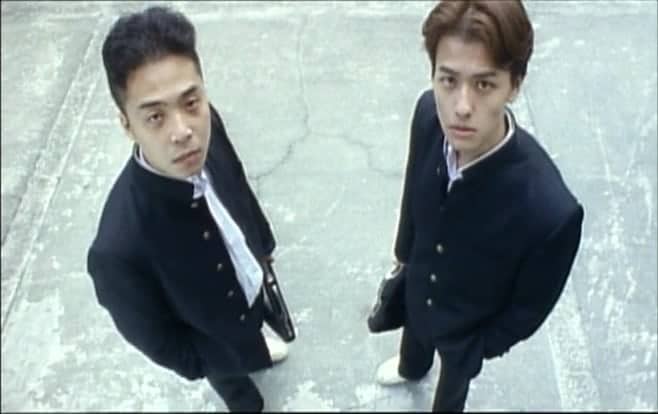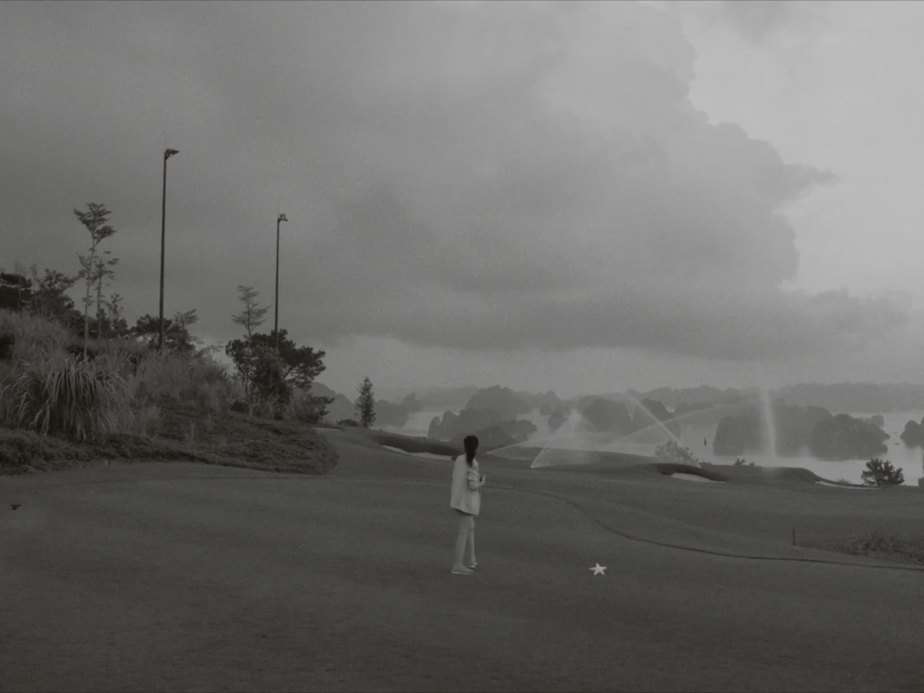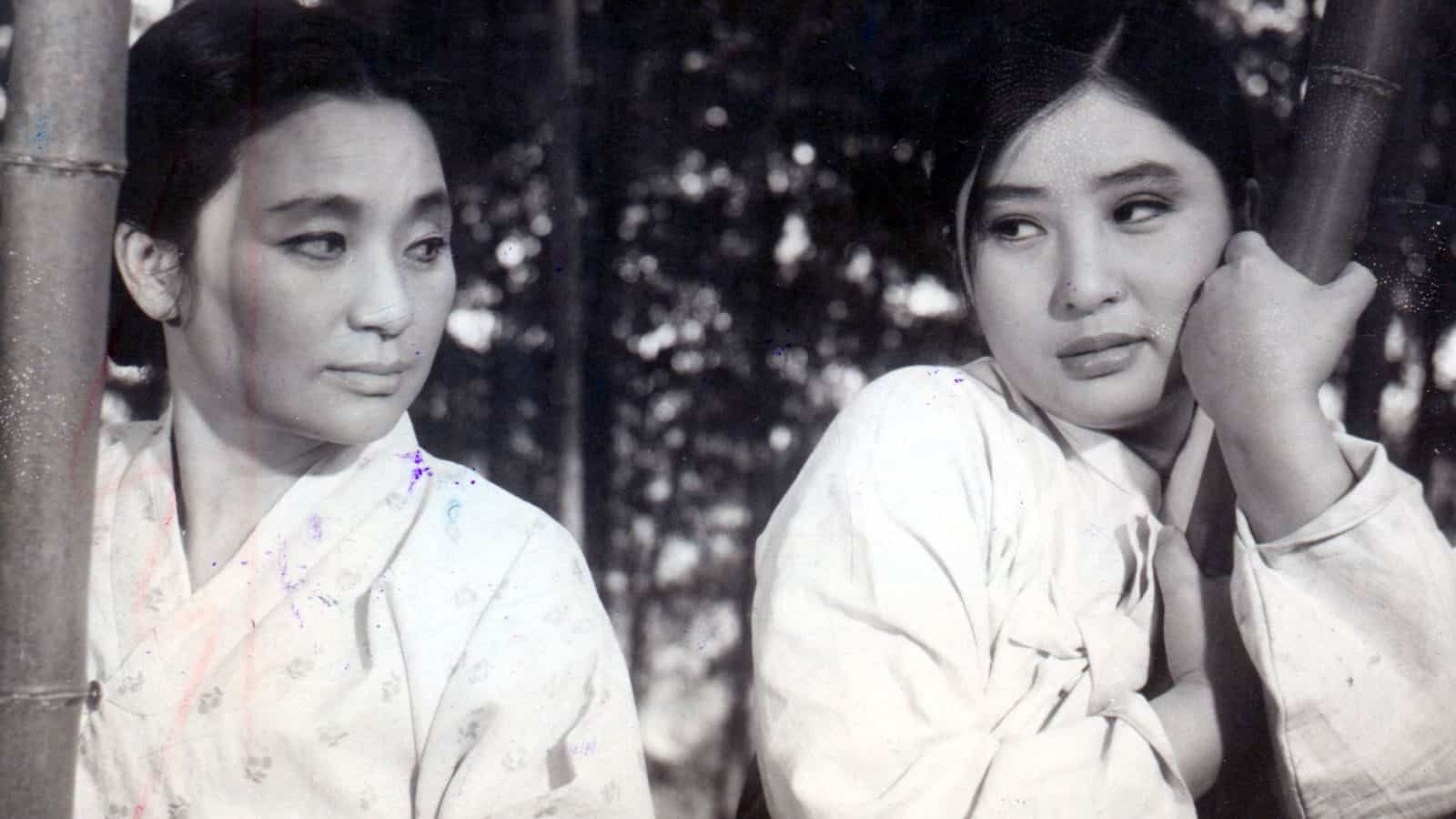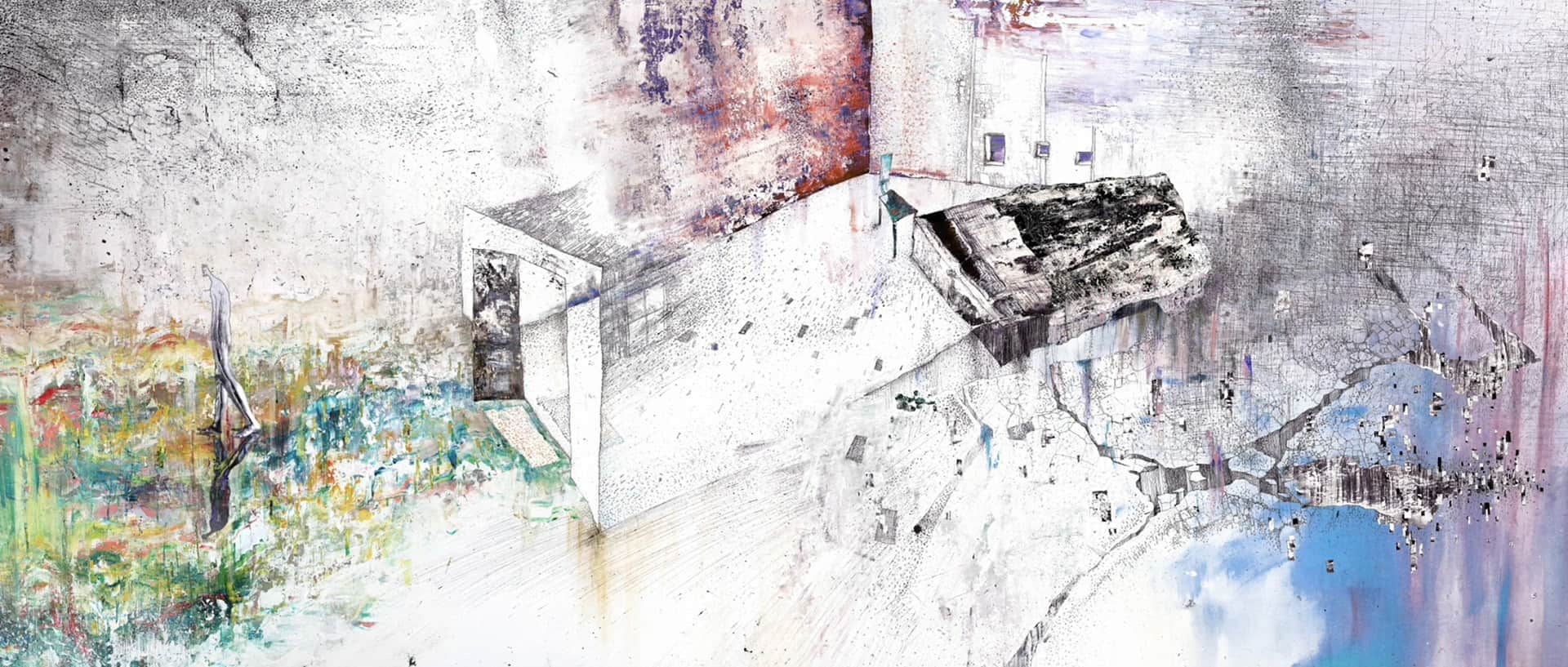A staple of the Asian horror scene, Kim Kwang-bin's full-length directorial debut after the short “Modern Family” appeared nearly a decade ago turns back the clock to the early 2000s with its shades of both “Ring” and “Ju-On: The Grudge” in terms of its supernatural elements. While the film does tend to move away from these influences and inspirations, these are still looming over the film as a whole as it's in theaters now.
Following his wife's death, architect Sang-won (Ha Jung-woo) and his daughter Ina (Heo Yool) move into a new home out in the country to try to move past the horrific events. While he tries to worry about the state of his job and his daughter's well-being as he's alone all the time, mysterious events and activities begin to affect him which turns into far more pressing issues when Ina disappears inside the home without a trace. With no alternative left, he turns to Heo (Kim Na-gil) a shady psychic exorcist who claims to be able to help him get Ina back, and once he discovers the true extent of the hauntings the two work together to put a stop to the supernatural hauntings and rescue his daughter.
On the whole, “The Closet” was a rather enjoyable ghost effort. Like most great ghost stories, there's a lot to like here with the general build-up of the story into far greater and more dangerous threats. The element of grief present in the backstory to this one drops a great sense of atmospheric grounding that has a lot to do with what the perception of Ina's behavior changes. She goes from an intimidated, quiet girl with an unresolved anger problem toward her father to full-on psychotic outbursts. The complete turn-around she experiences is found to be related closely to the spirits inhabiting the house signal the start of the investigation into what's happening once Heo the psychic arrives looking for evidence of the supernatural. These sequences and the resulting explanation into the backstory of the missing child from the house that soon transforms into a much larger case involving multiple missing children in the area and the eventual need to enter their dimension in order to rescue Ina. This build-up of events is quite well-handled and one of the best aspects featured here.
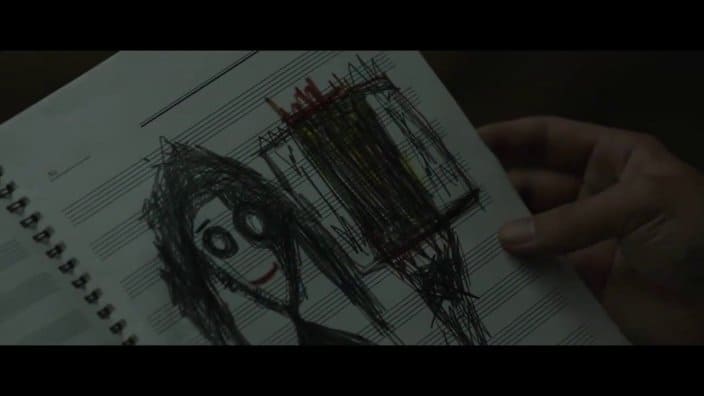
Likewise, “The Closet” gets a lot out of its ghost action and activity. Focusing on the idea of something in the house with the scurrying footsteps, child-like laughing or strange noises off in the distance that are both inhuman and impossible to have been made by Ina once Seung-won arrives to investigate, the gradual build-up of the haunted house they live in is quite nice. The subtle hints of something happening with the famed closet, with the inability to keep it closed, her refusal to let him near it or the strange dream of it the ghostly woman emerging and cutting her throat in front of him cause even more enjoyable supernatural work within here that leads into the second half where it brings the ghoulish ghost-children into the picture to provide far more action than expected. These scenes benefit greatly from the creepy and chilling make-up used on the ghost children which is genuinely terrifying and creepy which certainly goes a long way to helping this one feature some fantastic positives.
There are some flaws with “The Closet.” The main issue to be found here is the film's reliance on Hollywood-style ghost scenes that don't do anything new to betray their influence. The sequence in the bedroom where all the ghost children emerge and attack Sang-won tackles plenty of scene setups and a general atmosphere of many J-horror films, especially with the main ghost attacking Heo waiting in the control room. The entire investigation evokes the “Ringu”-franchise with the heroes up against a clock looking for the source of the supernatural maladies affecting them. Finally, the entire trip into the other dimension to rescue Ina is a direct and overt ripoff of the “Insidious”-films outright, reducing the impact of these scenes drastically. Since this is where the typical Korean penchant for overblown melodrama emerges as he tries to plead with the ghost to let go of her anger towards his family, this comes off as somewhat cheesy due to the lack of build-up being more straightforward before then. These aren't truly terrible or wholly unworthy but do have a negative aspect of the film as a whole.
A generally enjoyable ghost story, “The Closet” might not be able to outlive its influences but these prove to be it's only real issues anyway which makes this one quite fun in the genre. Fans of the style or other J-horror ghost stories will find a lot to like here while others who just like Asian ghost movies should also like this, but viewers who aren't into either faction might not enjoy the film.


